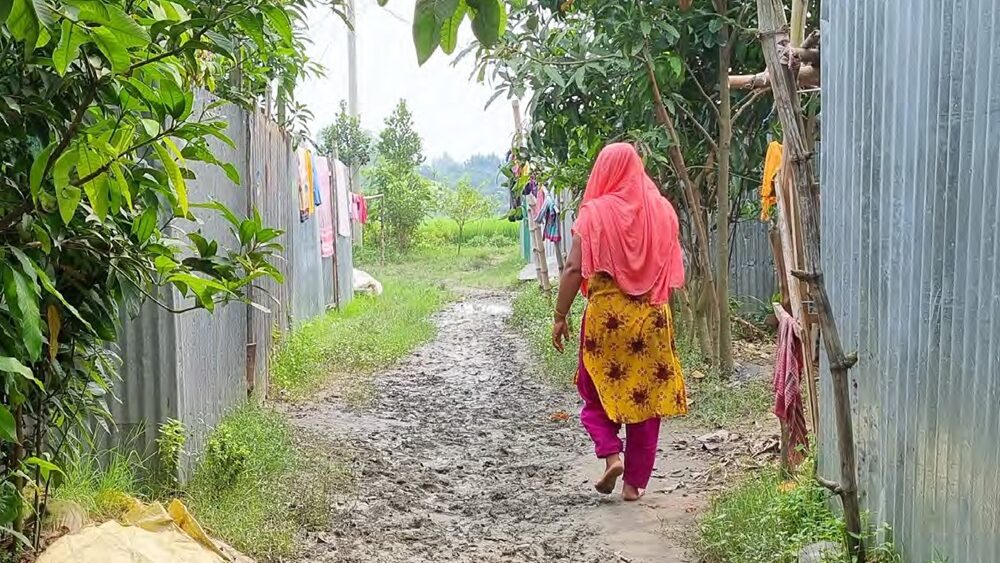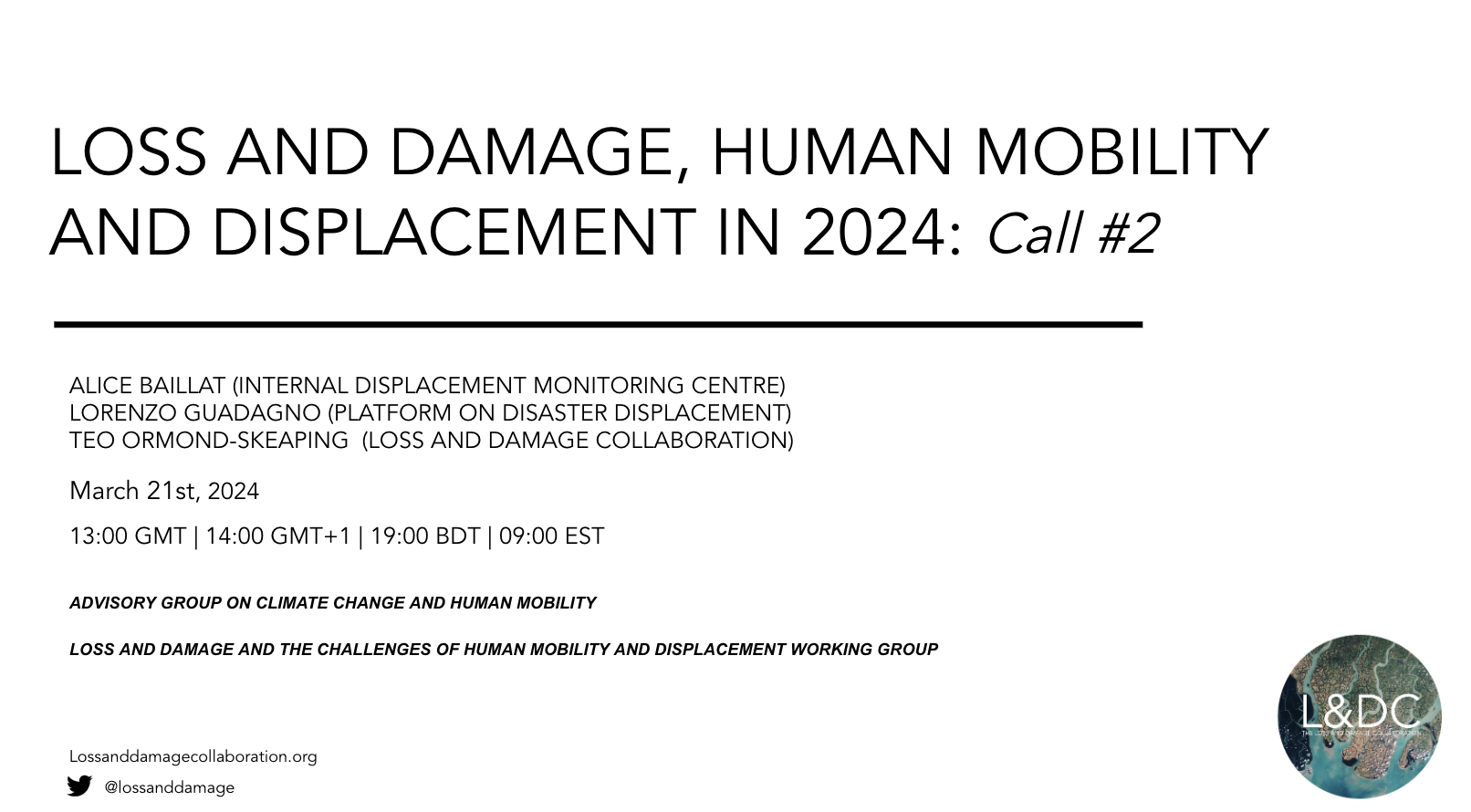In the context of climate change, displacement is a rising global crisis which acutely affects…

Assessing NELD in planned relocations in Fiji
Over the month of April 2024, PDD supported Governmental stakeholders and GIZ in Fiji with the elaboration of a framework and set of tools to integrate understanding of Non-Economic Loss and Damage (NELD) in decision-making processes on planned relocation. The objective of PDD’s work is to develop a methodology to help value tangible and intangible cultural assets, in order to ensure that risk assessments (that precede a decision to relocate a community that could be affected by a hazard) or impact assessments and scenarios (that allow to understand the circumstances of a community post-relocation) account for all the dimensions of people’s well-being that have been or will be affected in the relocation. The work supports the Secretariat of Fiji’s Taskforce for Relocation and Displacement (FTRD), and its efforts to develop a comprehensive decision-making framework on relocations in the country.
Assessing NELD is extremely complex and context-specific, as there are many different types of values that can be affected by phenomena as comprehensive as disasters and human mobility. In order to specify the objective of the work, between April 10 and April 19 PDD and partners consulted 12 members of the Secretariat as well as from Indigenous Fijian Institutions. This led to the definition of two priority types of assets to target with relevant assessments:
- traditional Fijian buildings/houses as the tangible cultural assets and
- traditional farming practices as an example of intangible cultural assets/livelihoods.
Developing an assessment methodology based on NELD linked with these assets allowed to elaborate and validate a more comprehensive methodology applicable to other assets.
On April 23-24, PDD and GIZ convened the Secretariat and additional experts for a workshop on “Assessing Non-Economic Loss and Damage (NELD) in Fiji’s
Comprehensive Risk and Vulnerability Assessment Methodology (CRVAM)” in Walu Bay. This event served as a forum to introduce participants to the methodology developed to value houses and livelihoods and a related data collection tool, as well as to receive feedback from participants. A video report of the event is available here.
Following the event, the methodology has been revised and the tools updated. They will now be tested in an upcoming field assessment to a relocated community in Nabavatu, currently planned for June 10-14.
Photo credits: Sales/ADB





